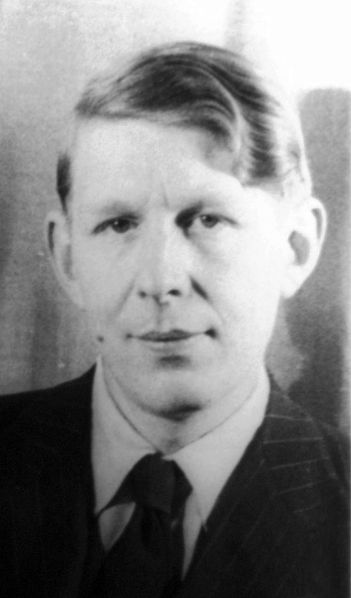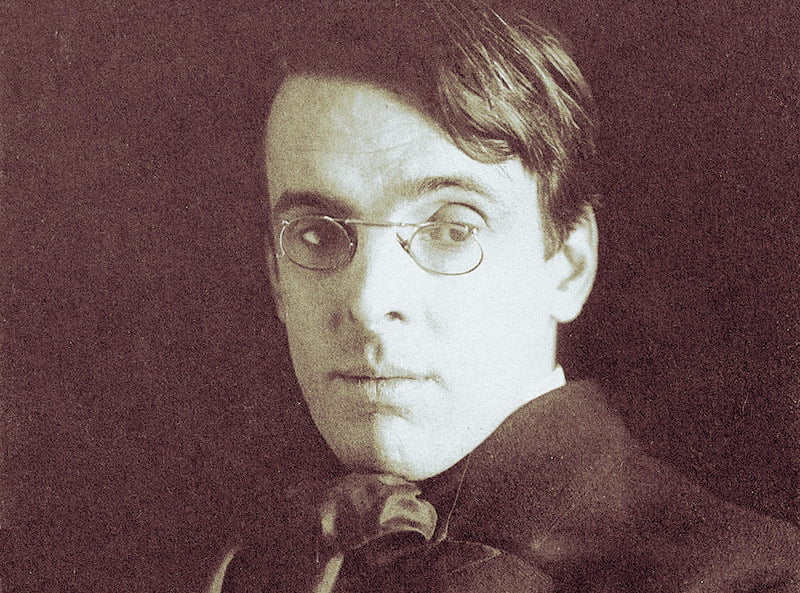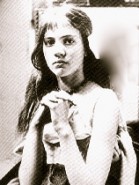
This is a section from the most remarkable Christmas poem ever written, “For The Time Being: A Christmas Oratorio”, by WH Auden. Composed in 1942, the darkest days from the British Allies perspective of World War II, the poem is 1500 lines long (more than 50 pages), a series of dramatic monologues spoken by the characters of the nativity story, in twentieth-century speech, as if the events were happening in that time.
It's a long parable, merging biblical and contemporary into an audacious display of metaphysical poetics underpinned by Anglican theology.
How could the Eternal do a temporal act,
The Infinite become a finite fact?
Nothing can save us that is possible:
We who must die demand a miracle.
The structure is held together with choruses and a narrator and, in the penultimate section, Christmas is over and its meaning pondered.
Auden's conclusion seems to be that

